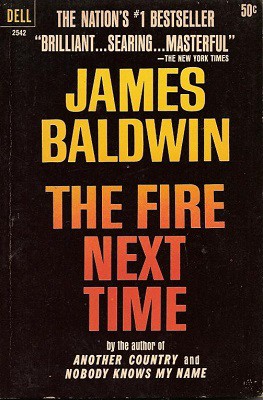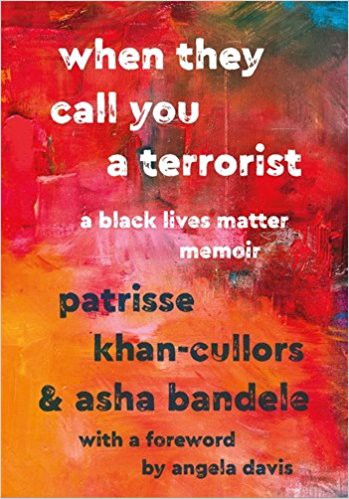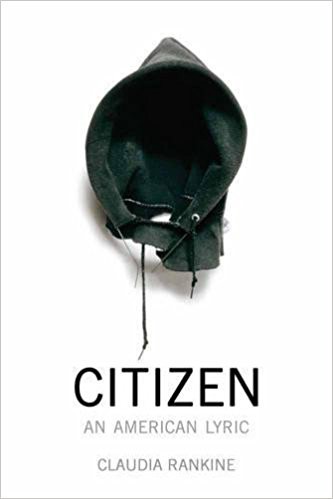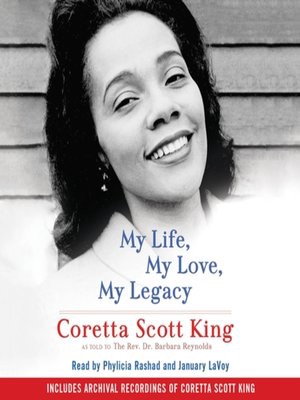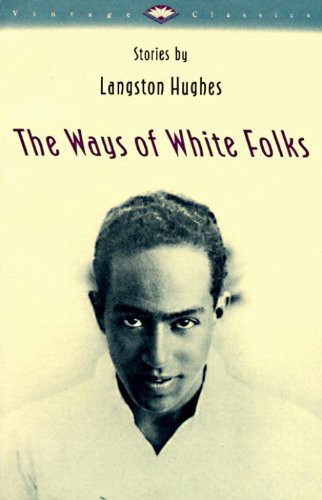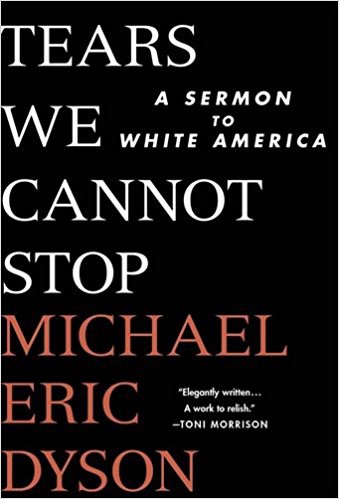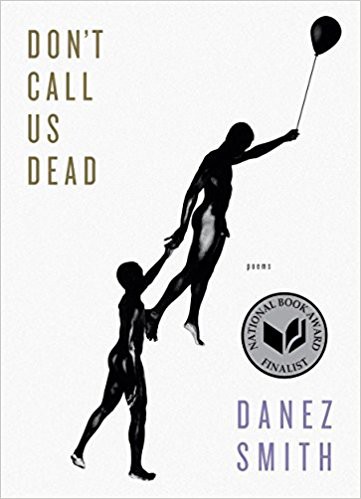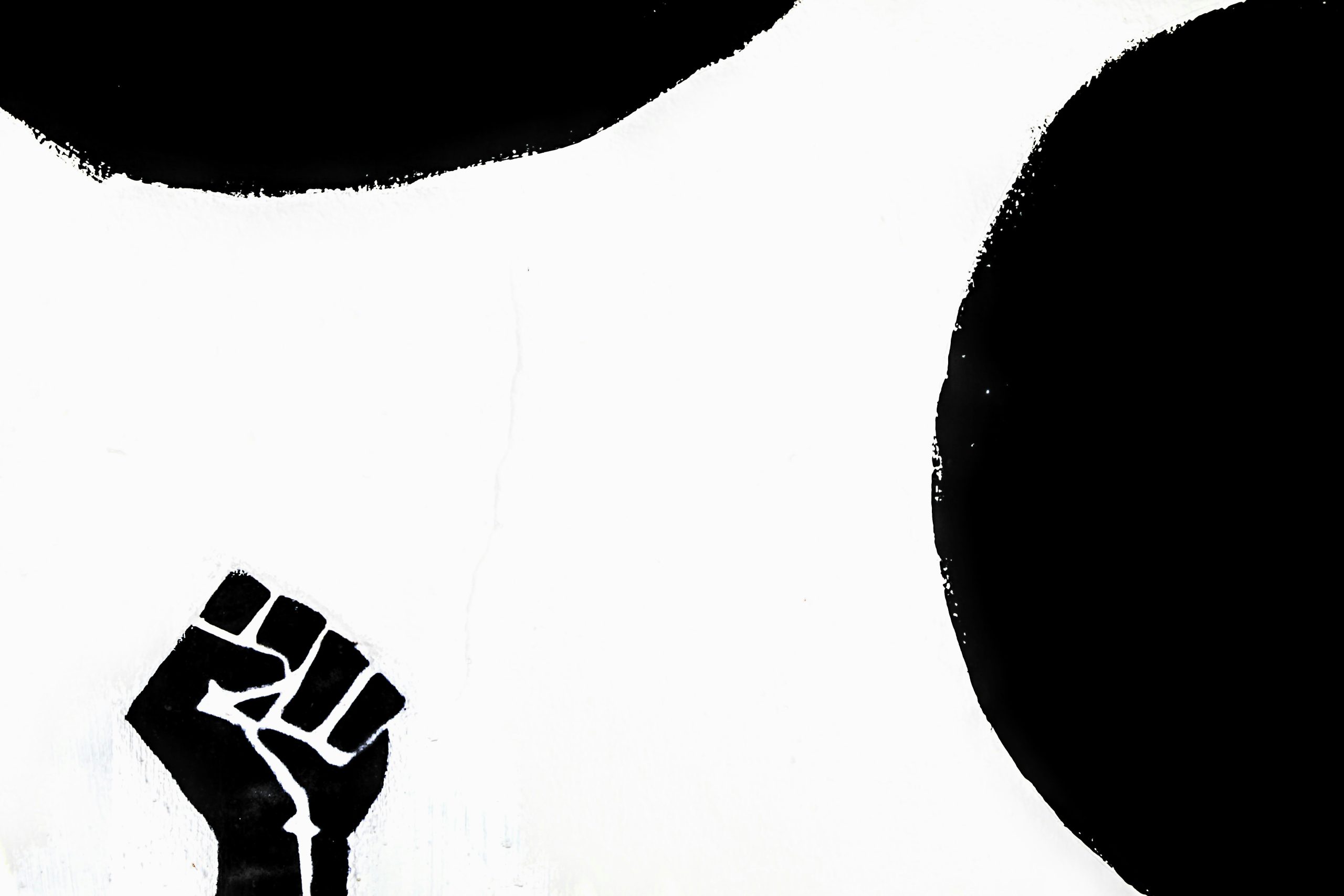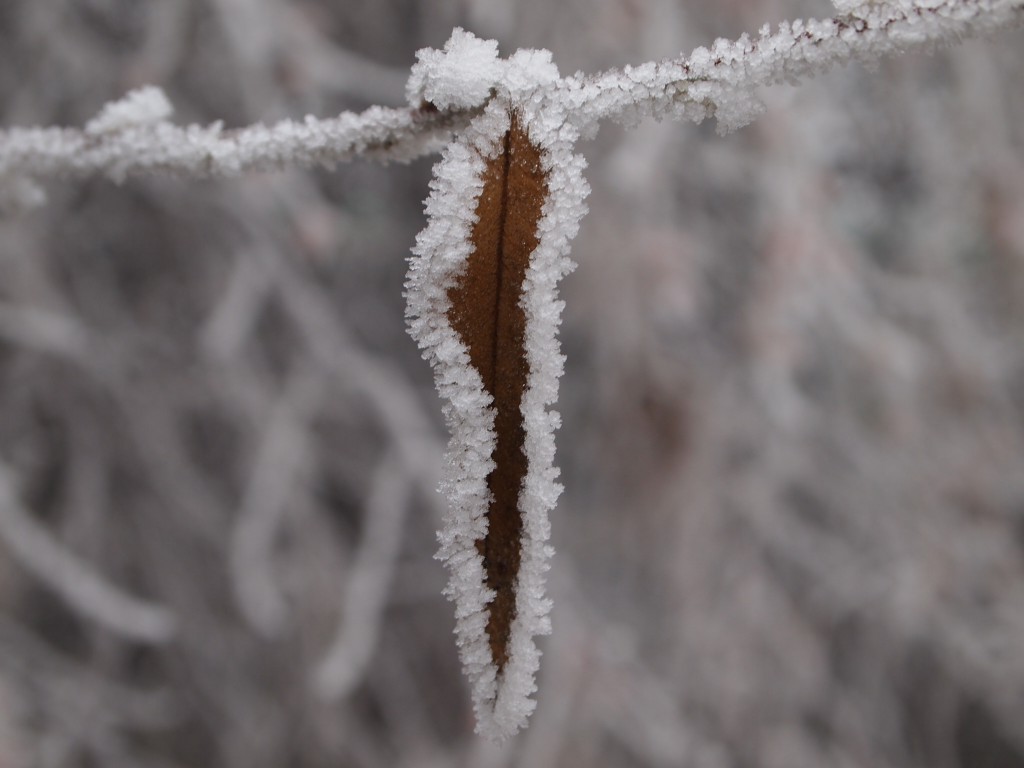Reading Lists
9 Books that Celebrate the Legacy of Martin Luther King, Jr.
Writing that reminds us why we can’t wait for progress

This year marks the 50th anniversary of Martin Luther King, Jr.’s assassination. Today we celebrate his life. Born on this day in 1929, King’s words ushered in a new era of racial equality and progress in America. Change did not come easily, and for many, including King, it came with the cost of their lives. His legacy is the dream he pursued and the revolution he began, one which continues today.
In celebration of that dream and the vision he gave so many of us, we’ve put together a reading list of voices whose words keep King’s spirit and mission alive in our hearts and minds.
The Fire Next Time by James Baldwin
In James Baldwin’s 1963 bestseller, he writes, “Everything now, we must assume is in our hands; we have no right to assume otherwise… we may be able, handful that we are, to end the racial nightmare, and achieve our country, and change the history of the world.” When Baldwin penned these words, the shock of the assassination of Martin Luther King Jr. had yet to break the hearts of civil rights activists and their fellow Americans. Baldwin — fueled by the pain, frustration, and anger that comes with living in a white supremacist nation — gave countless generations of readers an impassioned call to arms. Baldwin’s and King’s messages speak to one another. They reveal how intricately racism is woven into the fabric of our nation and why change and the eradication of racism is necessary to our survival.
James Baldwin’s Black Queer Legacy
When They Call You a Terrorist: A Black Lives Matter Memoir by Patrisse Khan-cullors and Asha Bandele
In a way, the Black Lives Matter movement is a successor of the Civil Rights Movement. Continuing the legacy of Dr. King and those who organized, marched, and fought alongside him, Black Lives Matter has shaken Americans out of their complacency. When They Call You a Terrorist tells the story of Patrisse Cullors, one of founders of the movement, and her experience of being a Black woman in a nation whose very origin is rooted in white supremacy, racism, and misogyny. Honest in a gut-wrenching yet necessary way, this memoir will light a fire in your heart, force you to open your eyes, and inspire you to challenge the injustices that surround us all.
Citizen by Claudia Rankine
Claudia Rankine’s Citizen reads almost more poignantly today than it did when published in 2014. Grappling with the many ways in which racism stains a nation, in retrospect Rankine’s lyric feels like a wakeup call, a warning that many failed to heed. Now, in the wake of the 2016 election and an equally trying 2017, Rankine’s words have become a salve for those of us who know what it means to be Black in a nation that fails to right its historic wrongs. Like Dr. King’s, Rankine’s message is one of tempered hope. Rather than sheer optimism, her poetics don’t just reveal the cancer of racism, but document it and pay homage to the lives its legacy shapes. Her words urge us to resist.
My Life, My Love, My Legacy by Coretta Scott King
In My Life, My Love, My Legacy, Coretta Scott King, the wife of Martin Luther King, Jr., reflects on a lifetime defined by social justice. Through her words, readers gain a deeper understanding of why she and her husband and their colleagues dedicated their lives to fighting for progress. An intimate glimpse into the life of one of our nation’s most legendary figures, the memoir allows readers to fully see the woman whose patience, strength, and compassion helped Dr. King continuously forge ahead, even when the horizon was dark.
Jesmyn Ward’s Story of Rejection and Perseverance is Familiar to Black Writers
Why We Can’t Wait by Martin Luther King, Jr.
Urgency permeates the pages of Why We Can’t Wait. Recounting Dr. King’s experiences in Birmingham and the necessity of the civil rights movement, each sentence in the collected essays and letters — including the acclaimed “Letter from Birmingham Jail” — sounds an alarm to the reader. Perhaps less frequently cited than King’s iconic “I Have A Dream” speech, Why We Can’t Wait is a testament to the wisdom, hope, and passion of a social justice warrior and an American patriot in the truest sense. If you consider yourself an activist, this book is required reading.
The Ways of White Folks by Langston Hughes
In this collection, Langston Hughes crafts heartbreakingly recognizable portraits of Black life that transcend time and highlight why King’s memorable dream was so vital. Each of his protagonists is conjured with heart and wit, offering contemporary readers moments that will make them laugh, cry, and say amen. Through stories like “Slave on the Block,” “Home,” and “Father and Son,” Hughes explores the ways of whiteness and its impact on the American psyche. This book is an under-celebrated classic that will change the way you think about race and Hughes.
Tears We Cannot Stop: A Sermon to White America by Michael Eric Dyson
In Tears We Cannot Stop, Michael Eric Dyson channels the impassioned rallying calls of Dr. King and James Baldwin in his compelling plea for social change. In the opening pages, he writes “The time is at hand for reckoning with the past, recognizing the truth of the present, and moving together to redeem the nation for our future. If we don’t act now, if you don’t address now, there very well may be no future.” Dyson’s perceptiveness makes it difficult for anyone to cling to the myth of a post-racial America. His words insist that white Americans, like all Americans, have a lot of work to do. As infused with as much hope as urgency, Tears We Cannot Stop is an antidote to indifference.
Don’t Call Us Dead by Danez Smith
The poems of Danez Smith will leave you altered. Don’t Call Us Dead leaves readers with a deeper, more dimensional understanding of what motivated Dr. King and what motivates his successors to fight for what’s right. With lines like this one (from “Summer, Somewhere”),“we asked for nothing but our names / in a mouth we’ve known / for decades,” each stanza of these poems insists that we look directly at the injustice that’s become synonymous with our nation’s name, reminds us that “our decades betrayed us.”
My Mother Was a Freedom Fighter by Aja Monet
In her poem “On Asking My Grandmother About Santeria,” Aja Monet writes: “there’s no such thing / as good or bad / there is only justice. / no justice / no peace.” This poem at its center embodies the ethos of Dr. King’s mission and his legacy. The collection, Monet’s debut, is an invigorating and jubilant battle cry for the daughters, granddaughters, and great granddaughters of every freedom fighter who paved the way for a brighter future. Her stanzas are a celebration and a remembrance. Her words insist that we, too, must fight.
Editor’s note: “9 Books that Celebrate the Legacy of Martin Luther King, Jr.” was originally published Jan 15, 2018.




